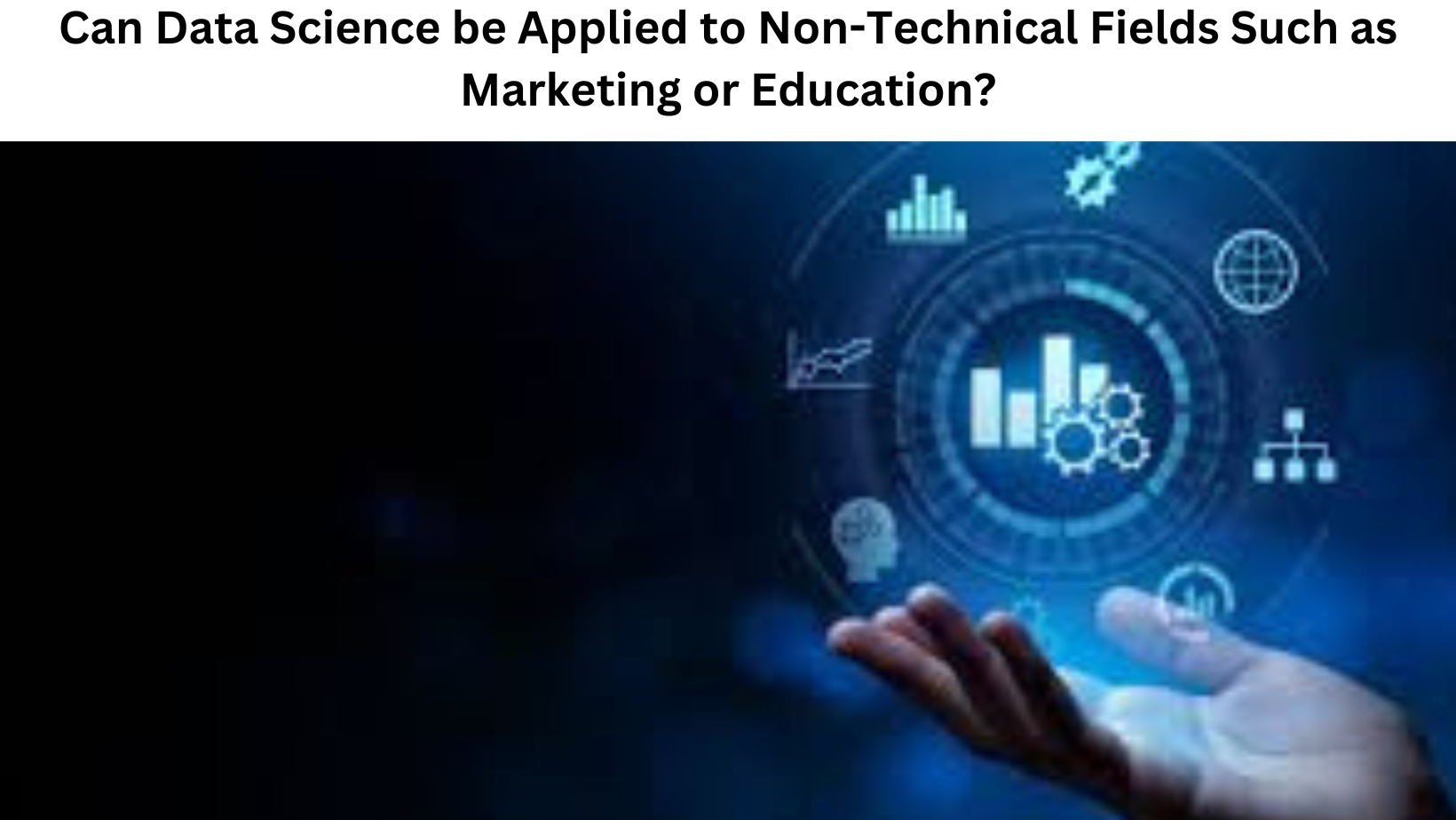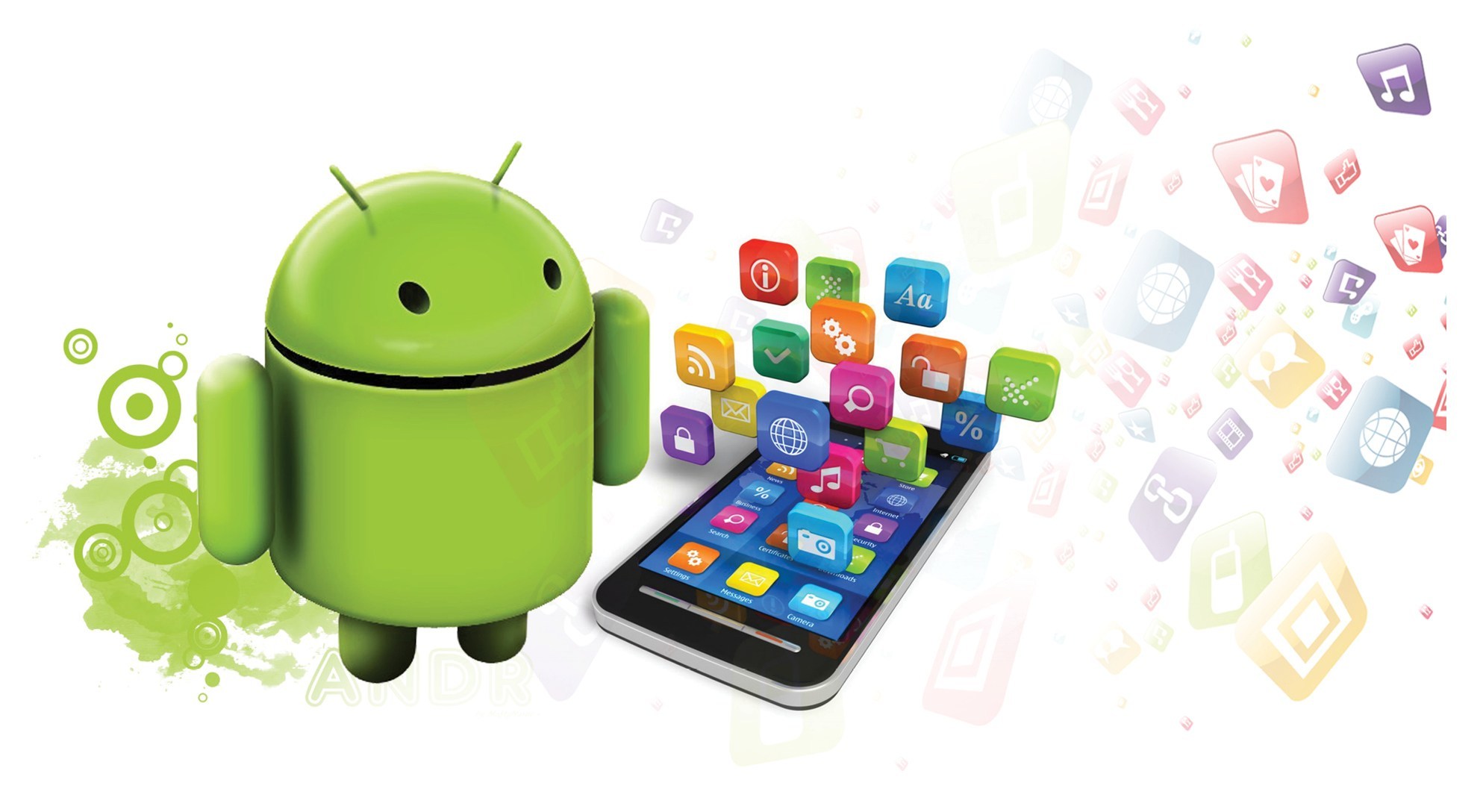Data science is an incredibly powerful tool that is used in many industries. However, can it be applied to non-technical fields like marketing or education? We will explore how data science can be used in non-technical fields, as well as the advantages, challenges, and impact of data visualization on the education and marketing sector. You will better understand how data science can improve performance in non-technical fields.
What is Data Science?
Data Science is a growing field with the potential to revolutionize the way we work and interact with data. It uses scientific methods, processes, algorithms, and systems to extract insights from structured and unstructured data. As technology continues to evolve, Data Science can be applied more broadly to non-technical fields such as marketing or education.
Data Science can help marketers better understand consumer behavior and preferences, enabling them to create more effective campaigns tailored to their customers. It can also provide insight into how well current campaigns are performing. Data Science is one of the most sought-after skillsets in the modern world, and Kelly Technologies Data Science Training in Hyderabad provides you with the perfect opportunity to learn this craft.
In education, Data Science can be used for predicting student success and automatic grading of assignments, allowing educators more time for instruction, and identifying areas where students may need additional support.
Successful application of Data Science requires accurate datasets, necessary tools, personnel who can interpret results correctly, and an understanding of the potential benefits and challenges associated with implementing Data Science solutions in non-technical fields. Privacy concerns and ethical considerations should also be taken into account.
In conclusion, Data Science can hold great promise for non-technical fields such as education and marketing, but careful evaluation is necessary before adoption. By understanding its components, potential applications, benefits, and challenges, organizations can utilize this powerful tool to increase value and improve outcomes.
Exploring How Data Science Can be Utilized in Non-Technical Fields
Data science is advancing rapidly and has potential applications in almost every industry, including fields traditionally thought of as nontechnical such as marketing or education. To maximize its benefits, it’s important to identify the appropriate data models and frameworks for your specific field, such as predictive analytics for marketing campaigns or AI-powered platforms for personalized learning experiences.
By utilizing data-driven decision making, marketers can create more targeted strategies to reach potential customers and generate better results while educators can identify patterns in student performance to provide personalized instruction and predict future trends accurately. Proper data management methods such as ensuring accuracy, using visualizations for insights, and implementing machine learning algorithms can help improve the accuracy of future trend predictions.
In conclusion, data science technologies are becoming increasingly popular for better decision making across various industries, and it’s crucial to keep in mind key best practices such as accuracy, visualizations, and machine learning.
Data Science in Technical Fields
Data science has traditionally been used in technical fields such as engineering and mathematics, but with the advent of big data, data science is beginning to make its way into non-technical fields like marketing and education. In this section, we will explore how data science can be applied to marketing and education to provide better insights and improve decision-making.
Data science can be used in marketing as a tool to gain a better understanding of customer behavior. Predictive analytics can be used to predict demand levels and target marketing messages based on customer preferences. Machine learning algorithms can also be applied to student data to identify learning gaps and intervention needs, while data science can help discover insights from student performance on exams by analyzing results statistically or using text mining techniques.
In education, AI technologies such as natural language processing and computer vision are being utilized to create personalized learning experiences tailored to each individual’s needs and preferences. With AI-powered systems, educators are able to easily assess knowledge levels through quizzes, games, or simulations that use artificial intelligence algorithms to generate personalized feedback.
To successfully implement data science technologies in non-technical fields like marketing and education, privacy, accuracy, scalability, and compliance with legal regulations must be considered. Implementing these technologies in a way that is beneficial to users and consumers is also crucial.
By understanding how technology works in different industries – including those not traditionally considered technical – businesses can better leverage technology to improve their operations and achieve success.
How Data Science Can be Used in Non-Technical Fields
The role of data science in non-technical fields is growing rapidly, and many organizations are starting to recognize its potential. Data science can be used in a variety of non-technical fields such as marketing, education, healthcare, finance, and more. In this article, we will discuss how data science can be applied to non-technical fields such as marketing or education and the impact of Big Data on these sectors.
Data science plays an important role in non-technical fields by helping organizations make better decisions based on data strategies. AI and machine learning technologies can help uncover insights from large amounts of data that can then inform decision-makers about various aspects such as customer preferences or trends within the industry. Additionally, Big Data analytics can provide insight into customer behavior, allowing companies to improve their marketing campaigns or sales strategies accordingly.
Furthermore, the importance of data literacy cannot be overstated when it comes to understanding and applying data science principles in a non-technical field like marketing or education. Being able to interpret the meaning behind collected information will allow you to make informed decisions backed by evidence, rather than guessing games. A good understanding of statistics is essential for making sense of large datasets so that they can be used effectively for decision-making purposes.
In conclusion, although there may be some common misconceptions about applying data science principles in non-technical fields like marketing or education, with a good understanding of the fundamentals behind it and proper implementation techniques, one could harness its power for great success!
The Uses of Data Science in Non-Technical Fields
The article in Asktopublish must have given you a clear idea of this concept DevOps . Data science is increasingly important for non-technical fields such as marketing, education, and healthcare. It allows organizations to make more informed decisions, identify trends and opportunities, improve communication, engage customers, optimize campaigns, and analyze student performance. Data analysis enables tailored and personalized experiences for customers, leading to increased loyalty and sales. Predictive analytics techniques like machine learning algorithms and AI tools such as natural language processing can potentially revolutionize the way people interact with data and improve outcomes. However, proper management and training are necessary to minimize risks and maximize the benefits of data science principles.












